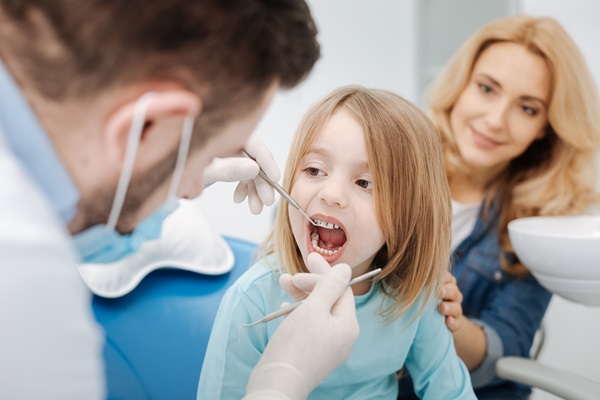Top Tips for Maintaining Oral Health Between Dental Visits

Taking care of your teeth is crucial. Between dental visits, maintaining oral health requires simple yet effective practices. Everyone can benefit from keeping their teeth and gums healthy. Regular brushing and flossing remove plaque and prevent gum disease. Use a soft toothbrush. It protects your enamel and gums. Change your toothbrush every three months. An old brush doesn’t clean well and harbors bacteria. Also, pay attention to your diet. Limit sugary and acidic foods. They cause tooth decay. Drinking water helps wash away food particles. It keeps your mouth fresh. Don’t skip routine dental check-ups. They catch problems early and prevent bigger issues. For those with NE Philly implant-supported dentures, clean dentures daily. It ensures a comfortable fit and protects your gums. Stay proactive with your oral care. Your smile will thank you. These tips lead to healthier teeth and gums, keeping you confident between your dental appointments.
Brush and Floss Regularly
Brushing twice a day and flossing once daily keep your teeth free from plaque. Plaque is a sticky film of bacteria that leads to cavities and gum disease. Using fluoride toothpaste enhances the protection of your teeth. Make sure you clean all surfaces of your teeth, including those hard-to-reach areas. Proper technique matters—use gentle circular motions to avoid gum damage.
Maintain a Healthy Diet
Your diet affects your oral health. Foods rich in calcium, like milk and cheese, strengthen your teeth. Crunchy fruits and vegetables help clean your teeth and increase saliva production, which naturally cleans your mouth. Avoid frequent snacking to prevent constant exposure to harmful sugars. Also, limit alcohol and coffee intake. They can stain your teeth and dry out your mouth.
Drink Plenty of Water
Water is essential. It rinses away food particles and keeps your mouth moist. Saliva is your mouth’s first defense against tooth decay. Staying hydrated ensures you produce enough saliva to protect your teeth. Tap water often contains fluoride, which strengthens teeth, aiding further in decay prevention.
Use Mouthwash
Mouthwash provides an extra layer of protection. Consider using one that contains fluoride for added cavity protection. Antibacterial mouthwash reduces bacteria and freshens breath. Follow the instructions on the label for optimal results. Remember, mouthwash complements brushing and flossing, not replaces them.
Know the Signs of Oral Health Problems
Recognizing early signs of oral health issues saves you from future pain and expense. Bleeding gums, persistent bad breath, and tooth sensitivity are warning signs. Address these with your dentist promptly. Regular dental visits are crucial for early detection and treatment of these conditions.
Comparing Oral Hygiene Tools
Choosing the right tools enhances your oral care routine. Here’s a comparison of toothbrushes and floss types:
| Tool | Pros | Cons |
|---|---|---|
| Manual Toothbrush | Affordable, easy to use | Requires proper technique |
| Electric Toothbrush | More effective at reducing plaque | Costlier, needs charging |
| Standard Floss | Effective for tight spaces | Requires good technique |
| Floss Picks | Easy to handle | Less effective for tight spaces |
Conclusion
Maintaining oral health between dental visits is essential. By brushing and flossing regularly, maintaining a healthy diet, drinking water, and using mouthwash, you protect your teeth and gums. Knowing the signs of oral health problems ensures you seek timely care. Choose the right tools for your oral hygiene routine to enhance effectiveness. Remember, routine dental visits are key for early detection and prevention of oral issues. Follow these tips, and your oral health will thrive, giving you confidence and a healthy smile.






